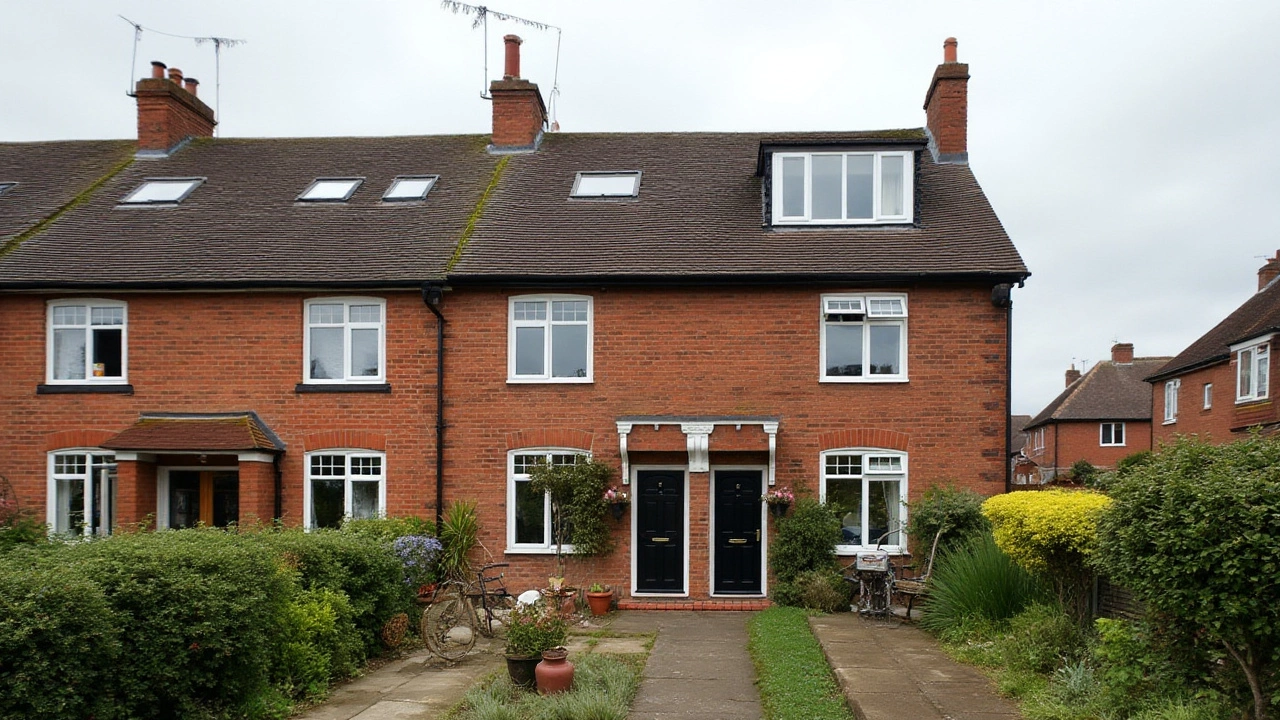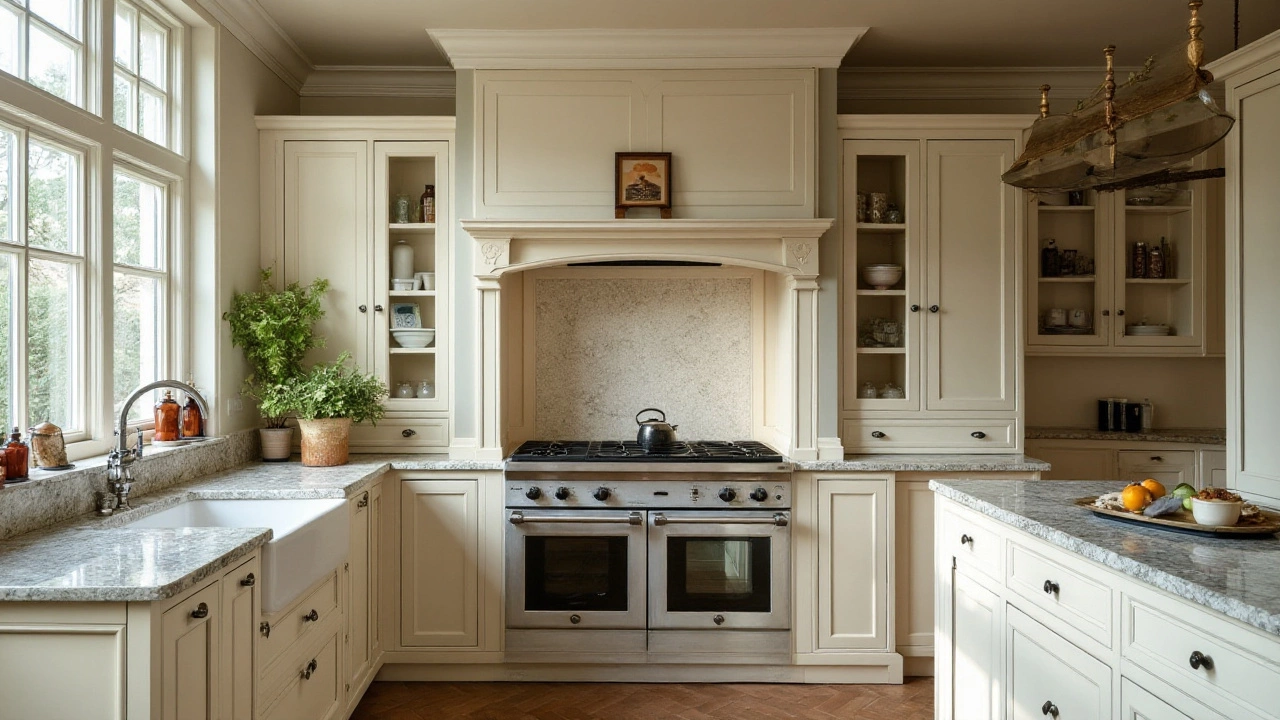How Home Improvements Affect Property Value in the UK
Thinking about boosting the price of your house? Adding a conservatory, extending the ground floor or fixing foundation problems can be a smart move – but only if you know what works and what doesn’t. In this guide we’ll break down the most common upgrades, the realistic impact they have on resale value, and the mistakes that can eat up your profit.
Which Extensions Give the Biggest Return?
Not every extension adds the same amount to your asking price. A well‑planned kitchen extension or a sun‑filled conservatory often returns 70‑80 % of the cost in added value. Homeowners in London, for example, see an extra £30,000‑£50,000 when a modest 12 m² conservatory is added to a semi‑detached house.
Loft conversions are another high‑return project. Turning unused attic space into a bedroom or office can add around 15‑20 % to the overall property size, and buyers love the extra room without a big external footprint. Just make sure the loft meets headroom requirements and has proper insulation – otherwise you risk a lower valuation.
What About Repairs? Foundation and Structural Issues
Bad news travels fast in the property market. A house with visible foundation cracks or history of subsidence will scare buyers and drag the price down. On the flip side, fixing these issues before you list can restore confidence and sometimes even add value, especially if you use reputable contractors and provide documentation.
Investing in the right cement for foundation repair, as we cover in our article on the best cement mixes, can mean the difference between a short‑term fix and a lasting solution. When the repair is done properly, you can expect up to a 5‑10 % bump in valuation – enough to cover a portion of the repair cost.
Other structural upgrades, like replacing weak walls or upgrading to stronger, more durable materials, also play a part. Materials such as engineered timber or high‑grade brick not only improve longevity but also send a positive signal to buyers about the overall quality of the build.
When you combine solid repairs with an attractive extension, the market sees a house that’s both safe and spacious – a winning combo for higher offers.
Remember to keep all paperwork handy. Records of permits, contractor invoices, and before‑and‑after photos make it easier for an appraiser to recognise the value you’ve added.
So, should you go for a new conservatory, a loft conversion, or focus on fixing foundations first? The answer depends on your budget, the current condition of the property, and the local market demand. In most areas, a modest conservatory or loft conversion gives the quickest boost, while structural repairs are essential if you have any red flags.
Ready to decide? Start by getting a free valuation from a local estate agent, list the upgrades you’re considering, and compare the projected cost against the likely increase in resale price. That simple math will tell you which project gives the best bang for your buck.
Whether you’re planning a big extension or a quick repair, the key is to stay practical, keep budgets realistic, and always think about what future buyers will value most. Happy renovating!




